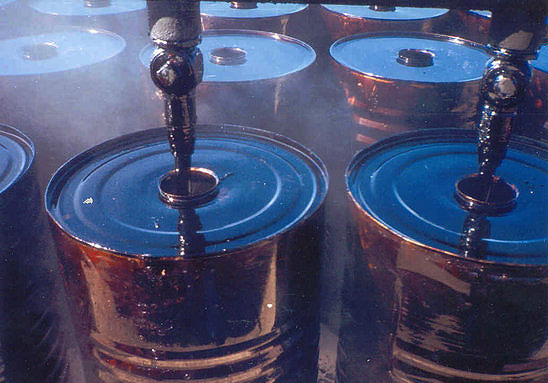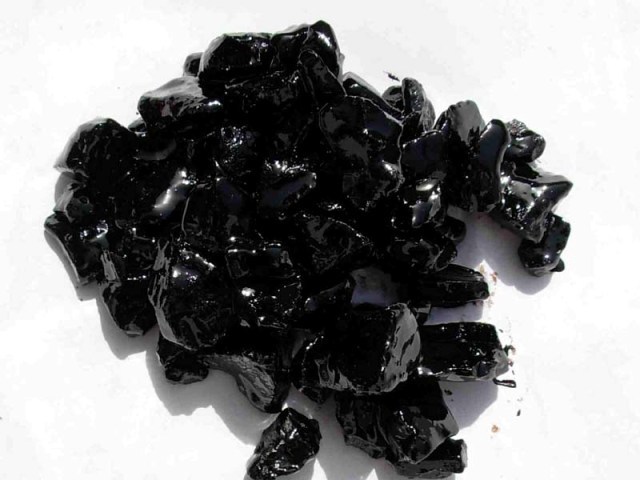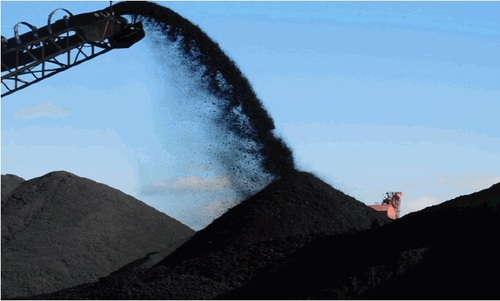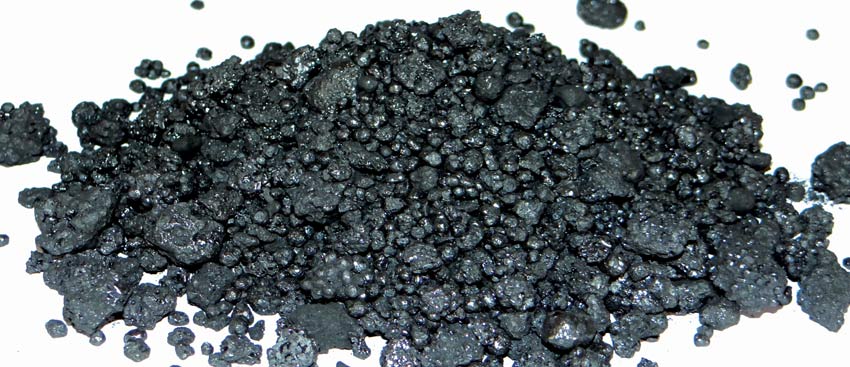Petroleum
Mazut
Mazut may be used for heating houses in the former USSR and in countries of the Far East that do not have the facilities to blend or break it down into more conventional petro-chemicals. In the West, furnaces that burn mazut are commonly called "waste oil" heaters or "waste oil" furnaces.
Mazut-100 is a fuel oil that is manufactured to GOST specifications, for example GOST 10585-75 (not active), GOST 10585-99 Oil fuel. Mazut. Specifications (active, last modified 07.01.2010) . (GOST is the Russian system of standards, much like ASTM, or ANSI, for example). Mazut is almost exclusively manufactured in the Russian Federation, Kazakhstan, Azerbaijan, and Turkmenistan. This product is typically used for larger boilers in producing steam since the BTU content is high. The most important consideration (not the only consideration) when grading this fuel is the sulfur content, which can mostly be affected by the source feedstock. For shipment purposes, this product is considered a ”dirty oil” product, and because viscosity drastically affect whether it is able to be pumped, shipping has unique requirements. Mazut is much like Number 6 Oil, and is part of the products left over after gasoline and lighter components are evaporated from the crude oil.

Bitumen
Bitumen a black viscous mixture of hydrocarbons obtained naturally or as a residue from petroleum distillation. It is used for road surfacing and roofing. Bitumen is a sticky, black and highly viscous liquid or semi-solid form of petroleum. It may be found in natural deposits or may be a refined product; it is a substance classed as a pitch. The primary use (70%) of asphalt/bitumen is in road construction, where it is used as the glue or binder mixed with aggregate particles to create asphalt concrete. Its other main uses are for bituminous waterproofing products, including production of roofing felt and for sealing flat roofs

Petroleum coke
Petroleum coke, abbreviated pet coke or petcoke, is a final carbon-rich solid material that derives from oil refining, and is one type of the group of fuels referred to as cokes. Petcoke is the coke that, in particular, derives from a final cracking process–a catalytic chemical engineering process that splits long chain hydrocarbons of petroleum into shorter chains—that takes place in units termed coker units. (Other types of coke are derived from coal.) Stated succinctly, coke is the "carbonization product of high-boiling hydrocarbon fractions obtained in petroleum processing (heavy residues)." In petroleum coker units, residual oils from other distillation processes used in petroleum refining are treated catalytically at a high temperature and pressure leaving the petcoke after driving off gases and volatiles, and separating off remaining light and heavy oils. These processes are termed "coking processes," and most typically employ chemical engineering plant operations for the specific process of delayed coking.

